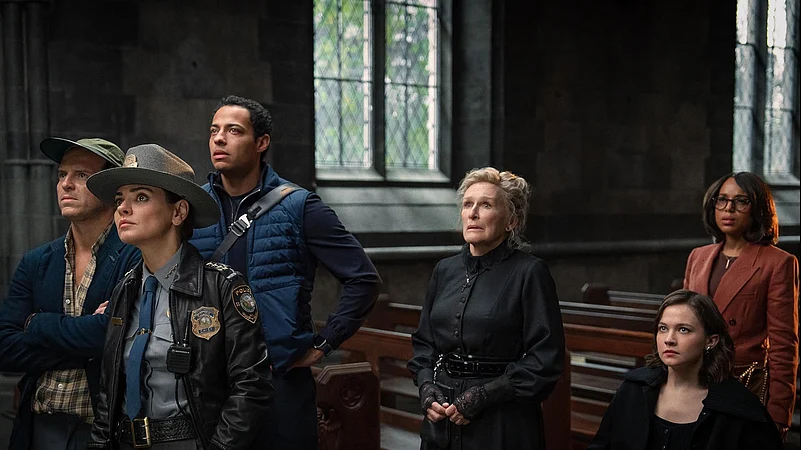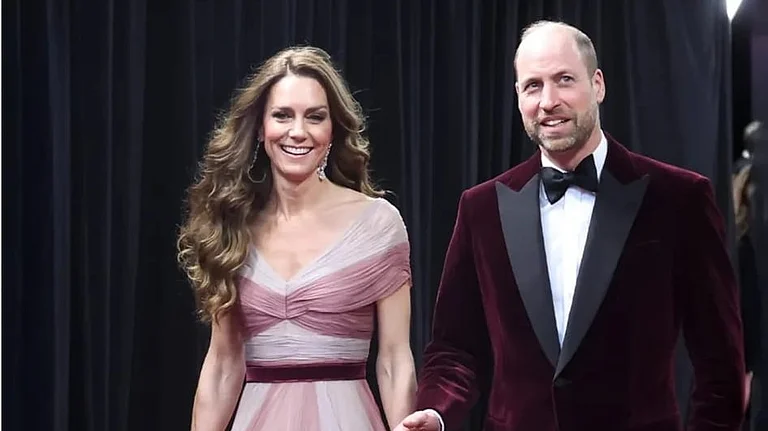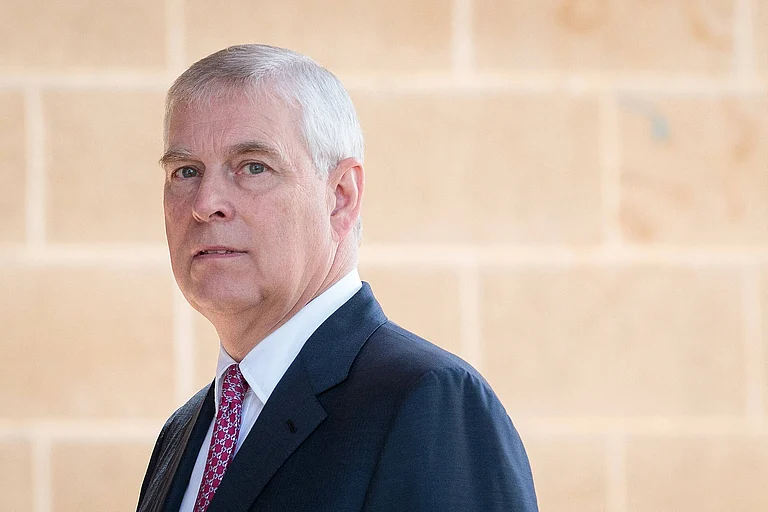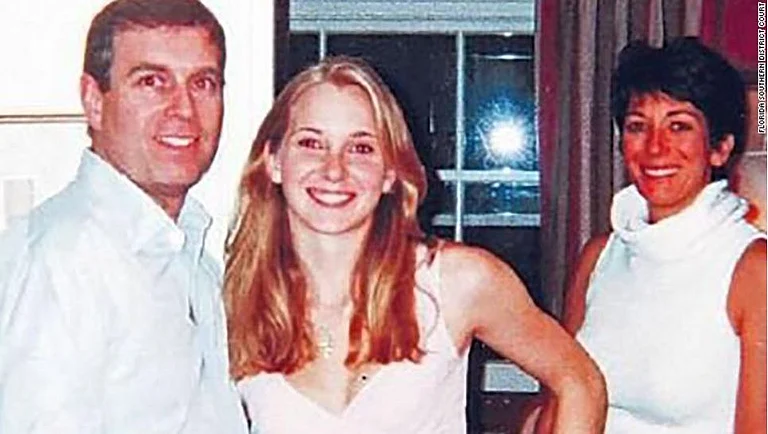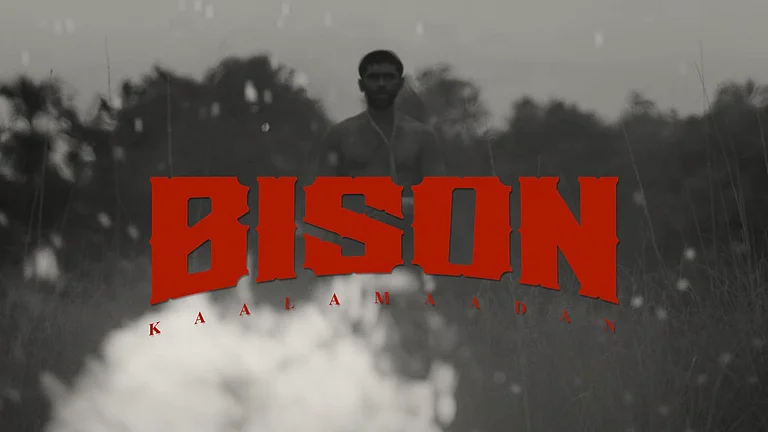
Summary of this article
Wake Up Dead Man (2025) is directed by Rian Johnson.
The film stars Daniel Craig in the lead role, reprising his character Detective Benoit Blanc. It features a strong ensemble cast including Josh O’Connor, Glenn Close, Josh Brolin, Mila Kunis, Jeremy Renner, Kerry Washington, Andrew Scott, Cailee Spaeny, Daryl McCormack, and Thomas Haden Church in supporting roles.
The film is described as a darker, gothic-toned whodunnit centered around a mysterious death in a church congregation.
When talking about modern whodunnits, Knives Out (2019) always sticks out as the one to have really gotten it. The latest installation to the franchise, Wake Up Dead Man (2025), takes a slightly graver, gothic route. Written and directed by Rian Johnson, it deals with mysteries, lies and deaths with religion at its centre. Benoit Blanc (Daniel Craig) returns as the resident Knives Out universe detective with Father Duplenticy (Josh O’Connor) as the protagonist.
Boxer turned clergyman, Father Jud Duplenticy is a misfit that’s “young, dumb, and full of christ.” The film sets off when Jud is forced to move and assist Monsignor Jefferson Wicks (Josh Brolin), as punishment for punching a fellow priest in the face. Wicks is notorious for his not-so-christian behaviour and impassioned speeches that rile up new and old members of the parish. However, a faithful flock (played by Jeremy Renner, Andrew Scott, Kerry Washington, Cailee Spaeny, Daryl McCormack, Thomas Haden Church and Glenn Close) hang onto all of his words as if gospel. However, when Wicks mysteriously dies, everyone marks Jud as the primary suspect, despite no proof or explanation of how the murder came about.

Enter Benoit Blanc, recruited to solve yet another unsolvable murder case. Blanc immediately calls it the impossible crime and throws about popular references (like John Dickson Carr’s The Hollow Man), all of which inspired Johnson to write this adaptation. And so, the chase to checkmate begins. Blanc’s lovely pomposity, the funny banter, the overtly Southern accent, the regular fun remain but the film truly belongs to Josh O’Connor who embodies the role of a sad, forlorn priest as if he were born for it. (Not the same league as Andrew Scott’s Hot Priest in Fleabag but definitely brings home Sad Priest). He’s the heart of the film. Aiding this is the fact that, for the first time, we’re so close to the protagonist’s internal world and struggles. We care for him. Yes, we desperately want him to be proven innocent, but more importantly, we want him to find whatever it is that he’s looking for - within him and the world outside. In this sense, the film feels deeply personal and introspective.
In all the Knives Out films, Johnson attempts to write to our times - the first one embroiled in family drama, the second one inspired by the Covid-19 pandemic, and the latest one dealing with religion and its inseparable intersection with politics and culture. It raises some important questions - Can religion really redeem us? What is forgiveness? What is justice? Who has the power to hand them out? Can one’s mistakes really be understood with grace? Can faith be the answer? But it doesn’t answer those questions as much as implores us to decide.
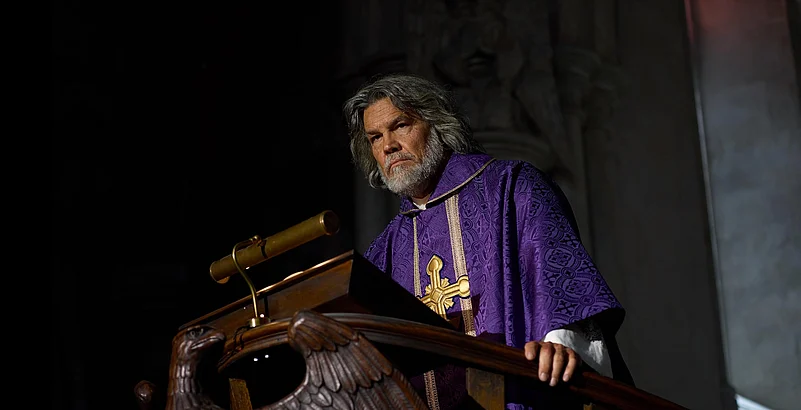
The stakes feel much higher and graver in the third instalment - the subject matter, but also the cinematography and music adding to the eerie. However, this is not its saving grace. The movie is really tight - making us wonder if Wicks’ death is the real mystery or Jud coming to terms with himself? Is he innocent or really a schizophrenic killer? Or is it entirely something else? One can never be sure.
However, what starts out to be the most powerful set up in the franchise, somehow loses itself. Nobody from the ensemble flock is a convincing suspect. They come and leave so quickly and superficially that we never grow to care for, root for or hate them. For instance, Mila Kunis, who plays the detective, feels like an add-on role. The film would work just the same even in her absence. Despite being an ensemble of some of the most charming actors currently working, we never get enough time with them. Andrew Scott is writer in recluse, Daryl Mccormick a failed politician, Jeremy Renner a gilted husband and Cailee Spaeny, an artist with physical disabilties. Everyone wishes for something more from the church, but nobody is ever suspected the suspect. There are few one-liners anointed but fewer stick; like when Cailee Spaeny’s character says, “To take someone’s faith and exploit it for money is the ultimate evil.”

Wicks seems untrustworthy, but the cloud of fear he holds over his flock is never explained. But within the parish of Our Lady of Perpetual Fortitude lies a microcosm of society. It’s clear that a hierarchy exists, with Wicks at the top (hence, he’s bumped off - whodunit 101). Despite its flaws, the movie works its charm thanks to Josh O’Connor who could become the best salesman for religion (or this particular one). It comes into its own when Jud realises that his purpose in the church is in allowing people grace, forgiveness and not singling them out for their wrongs. Instead of leaning on God for miracles, it designates it a supporting role in people’s lives as they continue to strive for their battles.
At one of his talks at the London Film Festival, Rian Johnson mentioned that the movie is inspired by his early years, being raised as an evangelical protestant and then moving away from it - “The movie is very much about faith,” he added. Wicks’ character embodies the growing disillusion in religion and god men. It’s a well-rounded mystery with well-employed easter eggs and misdirection that guessing ‘how’ it happened takes a backseat and the audience is free to experience, to watch it play out. This is a win and could arguably make it the best film in the franchise. The chemistry between Craig and O’Connor is naturally pleasant and holds something more that simply cannot be named. Josh O’Connor is endearing - so much so that I reckon, I’ll start believing in God if Josh O’Connor sells it to me.



